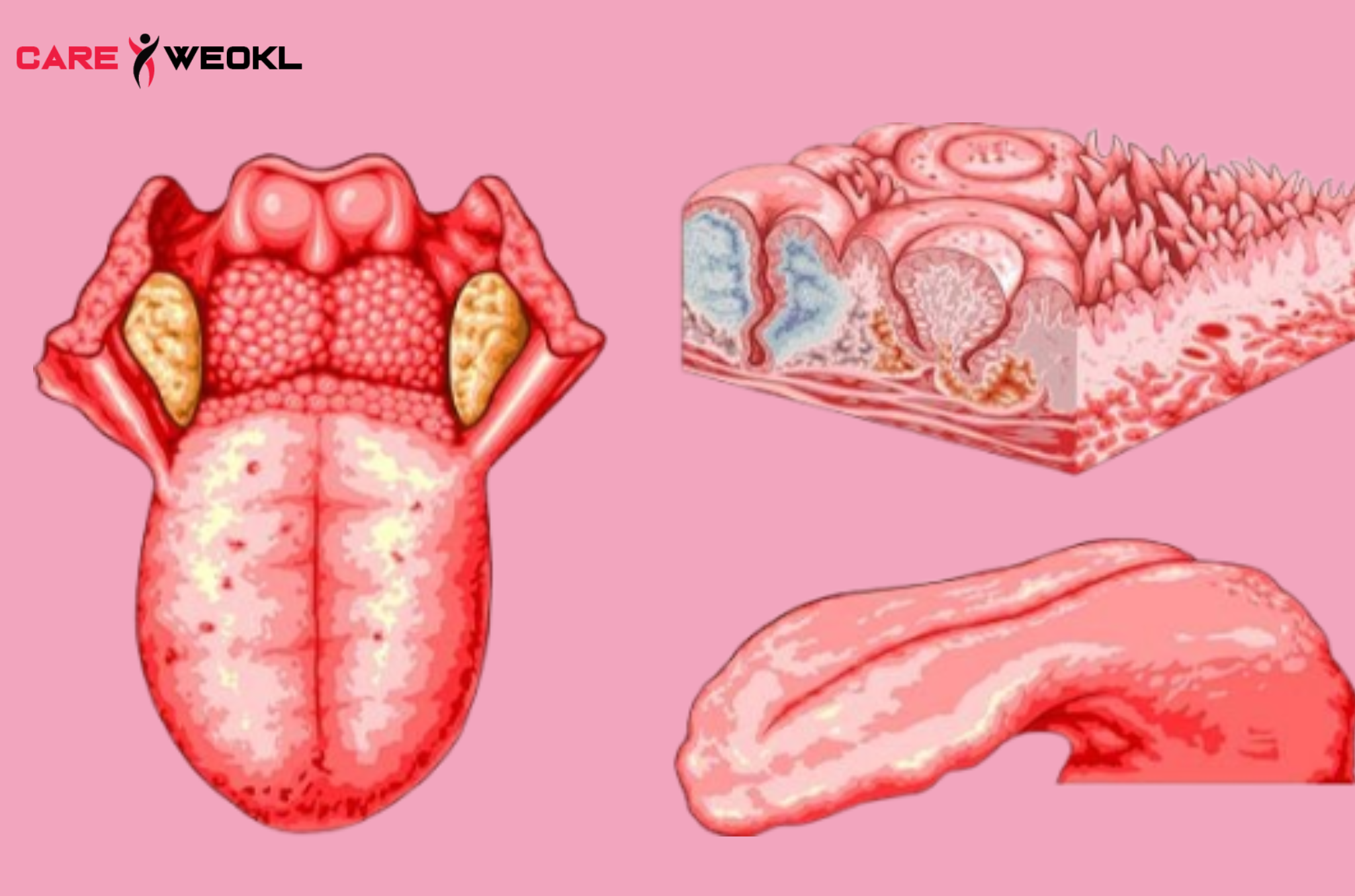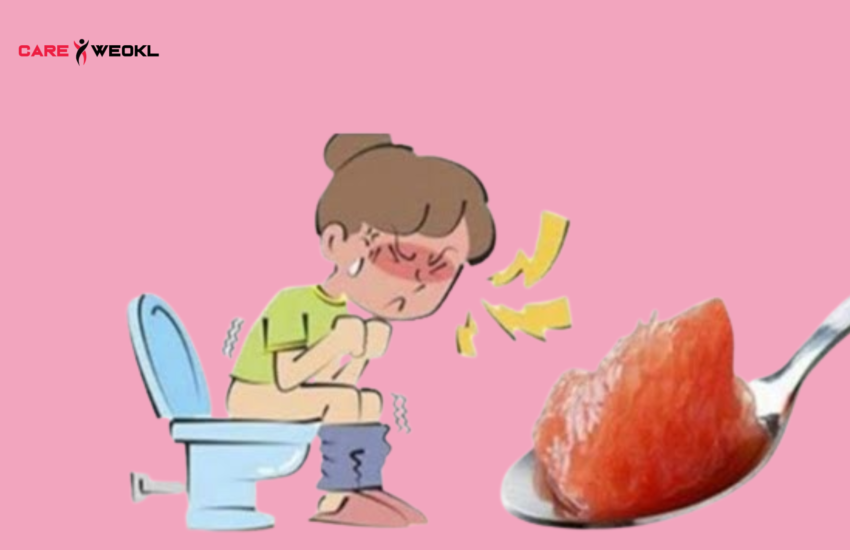What Your Tongue Says About Your Health
Not only does your tongue help you speak and taste food, it can also serve as a window into your overall health. Changes in color, texture, or coating can indicate underlying health conditions ranging from minor deficiencies to more serious diseases. Here’s what your tongue might be telling you about your health:
- Healthy Tongue Appearance
A healthy tongue is typically pink, moist, and covered with tiny bumps called papillae. If your tongue maintains this appearance, it’s a good sign that your body is in balance.
- White Coating or Spots
Oral Thrush: A thick white coating can be a sign of a yeast infection, often due to an imbalance of bacteria in the mouth. This is common in people with weakened immune systems or those who take antibiotics frequently.
Plaque: White patches that don’t rub off can be a sign of irritation from smoking or alcohol use. In rare cases, this condition can indicate the early stages of oral cancer.
- Red Tongue
Vitamin Deficiency: A bright red tongue can be a sign of a vitamin B12 or folic acid deficiency.
Scarlet fever: If the tongue appears strawberry red and is accompanied by a fever, it may indicate scarlet fever, which requires medical treatment.
Kawasaki disease: In children, a red tongue with fever and swelling may be a sign of Kawasaki disease, a serious condition that affects the blood vessels.
- Black or hairy tongue
Black hairy tongue occurs when papillae grow too long and trap bacteria, food, and dead cells. This condition is usually harmless and can be caused by poor oral hygiene, smoking, or excessive coffee and tea consumption.
- Smooth or shiny tongue
A tongue that appears too smooth may indicate a deficiency in iron, folic acid, or vitamin B12. This can lead to discomfort or increased sensitivity to certain foods.
- Swollen tongue
Allergic reactions: Swollen tongue can be a sign of an allergic reaction and may require immediate medical attention.
Hypothyroidism: Hypothyroidism can cause tongue swelling, leading to difficulty speaking and discomfort.
Infection: Certain viral or bacterial infections can cause tongue inflammation and ulceration.
- A tongue full of grooves or fissures
A fissured tongue, which appears cracked or wrinkled, is usually harmless but can make cleaning the tongue more difficult, leading to bad breath or infection.
- Persistent soreness or ulcers
If you notice persistent sores or ulcers that do not heal within two weeks, it could be a sign of an underlying condition such as an autoimmune disease or even oral cancer. It is recommended to consult a doctor in such cases.
Taking care of your tongue
Brush your tongue daily to remove bacteria and food particles.
Stay hydrated to prevent dryness and irritation.
Maintain a balanced diet rich in vitamins and minerals.
Avoid smoking and excessive alcohol consumption.
Schedule regular dental checkups to catch any abnormalities early.
Your tongue can reveal a lot about your health, so paying attention to its color, texture, and overall appearance can help you spot potential health problems early. If you notice any persistent or unusual changes, it’s best to consult a healthcare professional for further evaluation.



